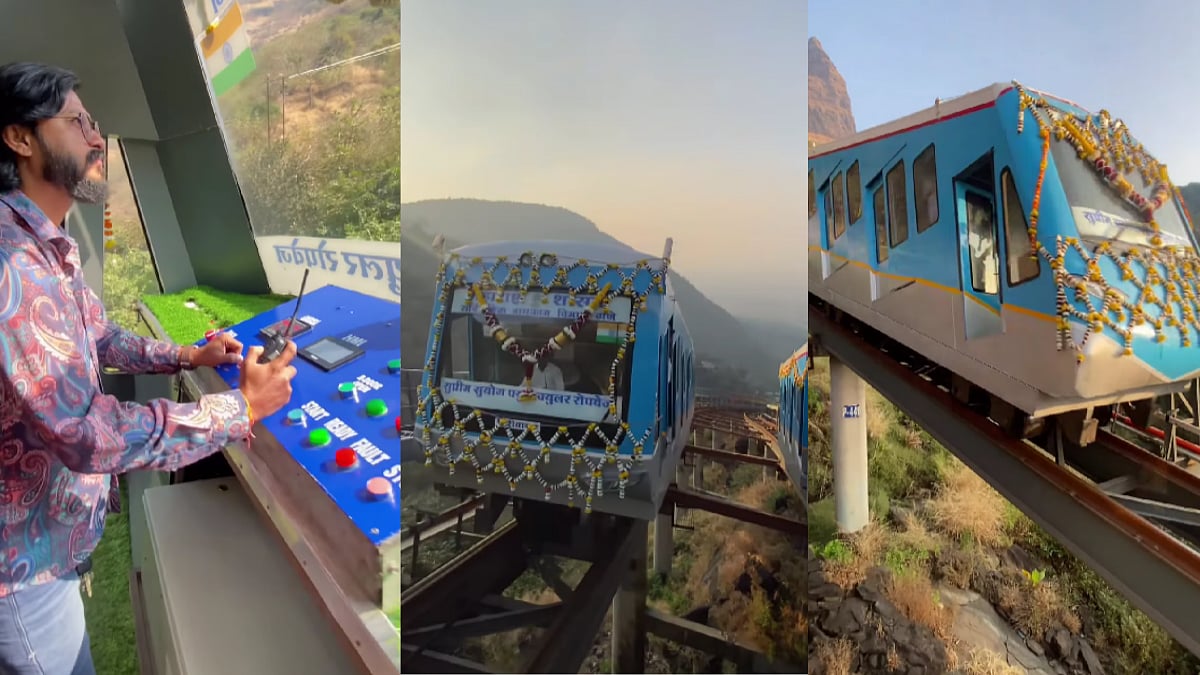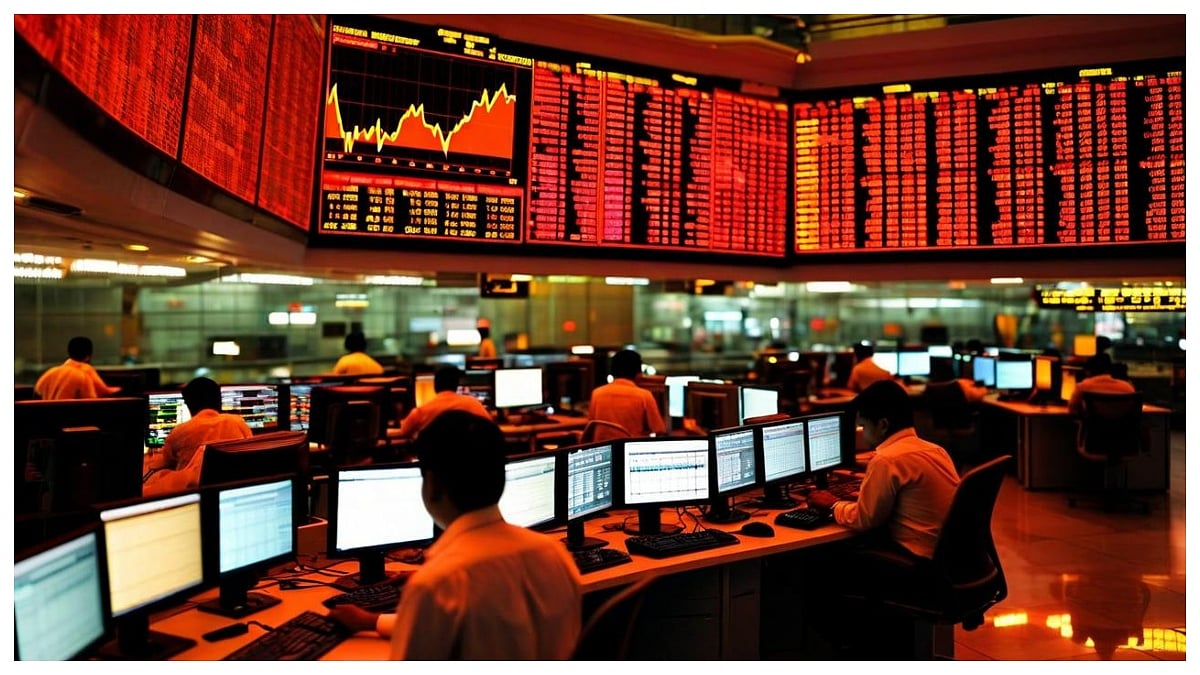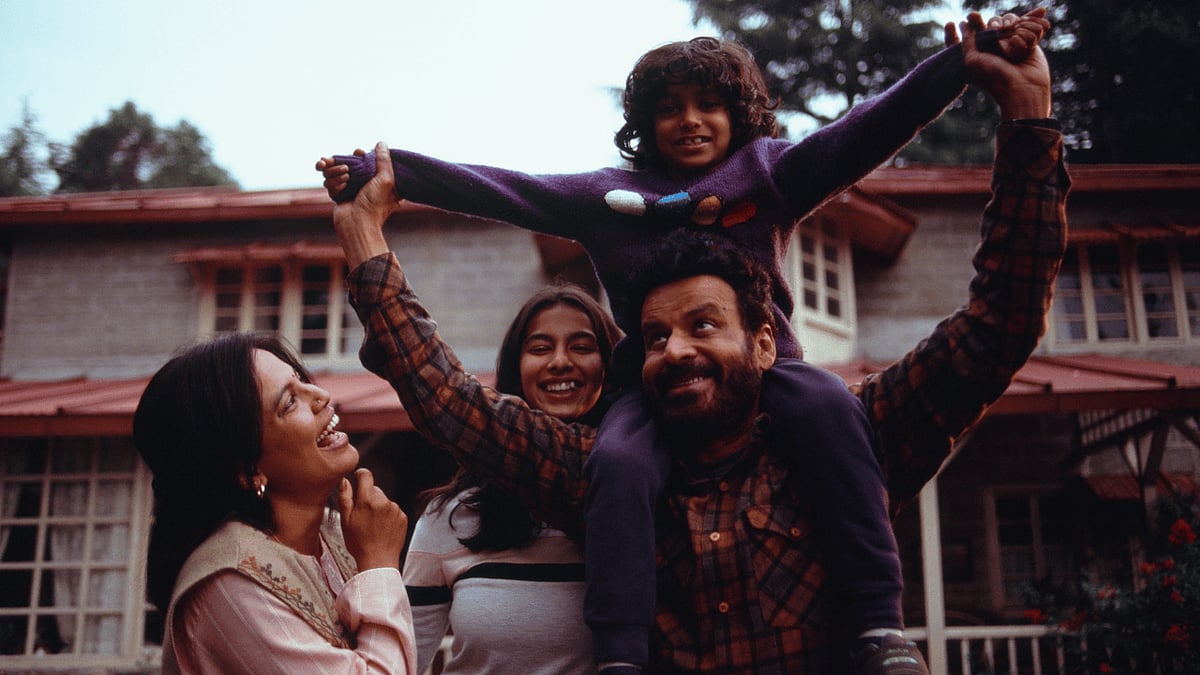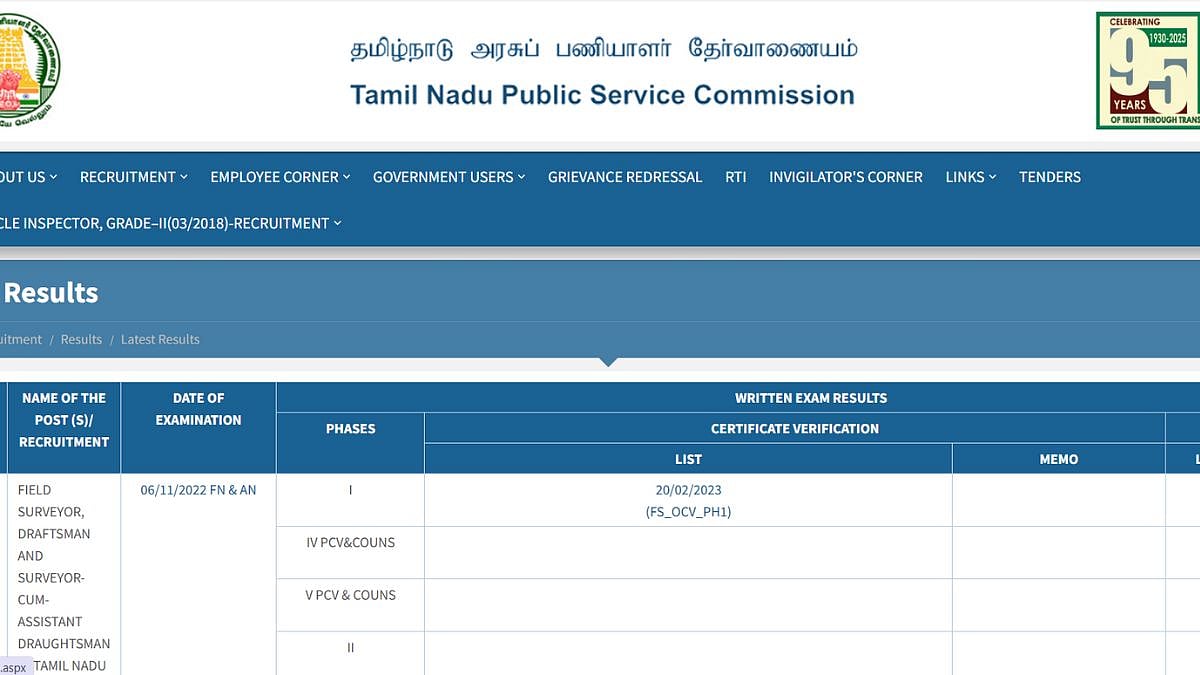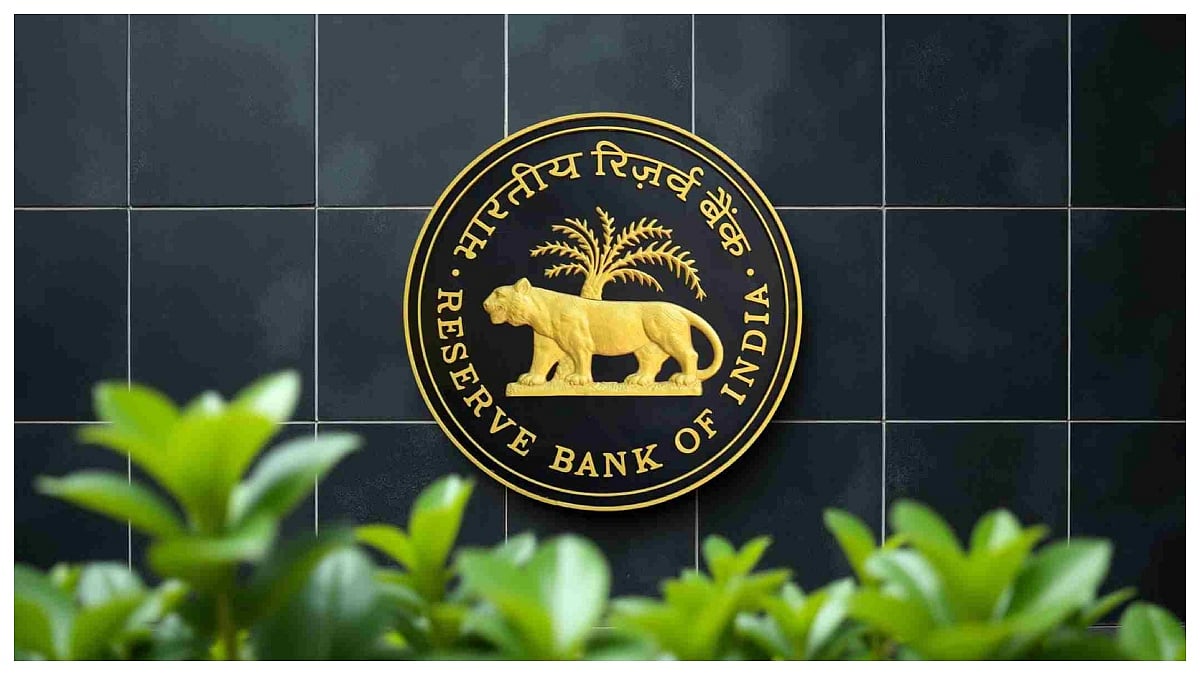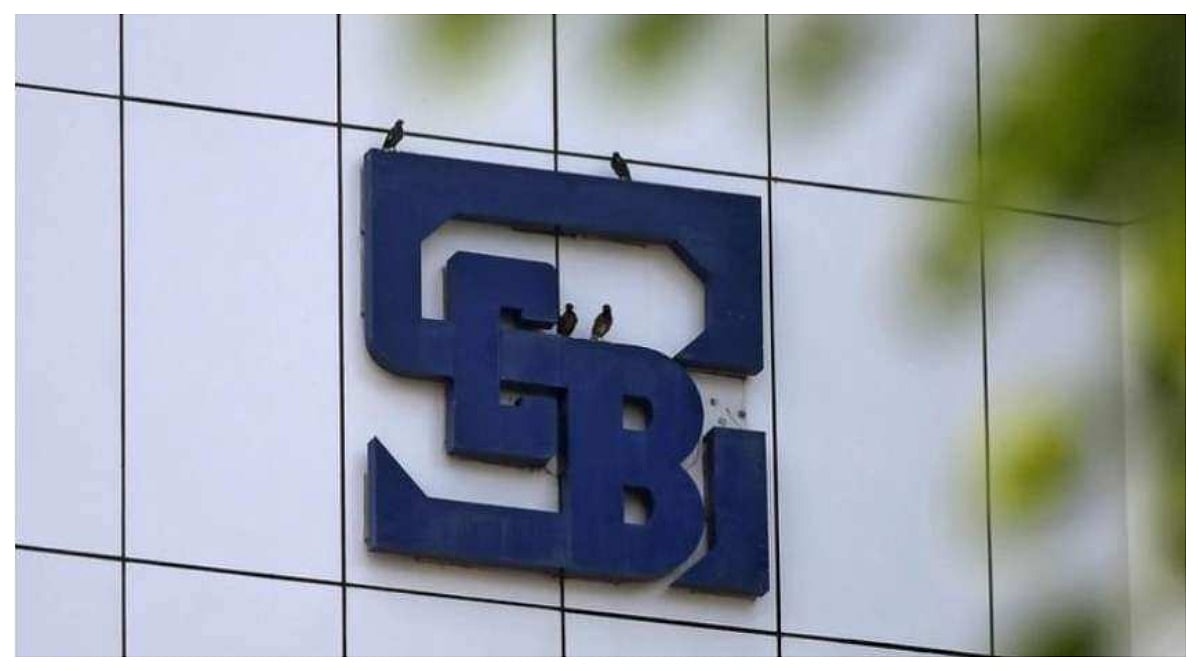Choosing the right tea coffee machine for your home or office can significantly affect your daily beverage experience. Automatic and manual machines each offer distinct advantages and cater to different preferences.
This guest post will help you understand the key differences between automatic and manual machines, enabling you to make an informed decision.
Automatic tea coffee machines are designed to simplify the brewing process. They are equipped with advanced technology to automate various functions, making them user-friendly and efficient.
Automated Brewing: Automatic machines handle everything from grinding the beans (if applicable) to heating the water and brewing the tea or coffee. Simply add the ingredients, select your desired settings, and let the machine do the rest.
Programmable Settings: Many automatic machines come with programmable settings, allowing you to customise the strength, temperature, and size of your beverage.
Convenience: Automatic machines are incredibly easy to use. With the push of a button, you can have a perfectly brewed cup of tea or coffee in minutes.
Consistency: These machines ensure consistent results every time, as the automated process reduces the risk of human error.
Time-Saving: Automatic machines save time, especially during busy mornings or office hours, as they require minimal intervention.
Cost: Automatic machines can be expensive, ranging from Rs. 10,000 to Rs. 50,000 or more, depending on the features and brand.
Maintenance: These machines may require regular maintenance and descaling to function properly.
Manual tea coffee machines offer a more hands-on approach to brewing. They require the user to control various aspects of the brewing process, providing a personalised experience.
User Control: In manual machines, you control the amount of water, brewing time, and temperature. This allows for a customised brewing process tailored to your preferences.
Simple Mechanism: Manual machines typically have a straightforward design, consisting of basic components such as a water reservoir, filter, and carafe.
Customisation: Manual machines allow you to experiment with different brewing techniques and adjust the parameters to suit your taste.
Cost-Effective: These machines are generally more affordable, ranging from Rs. 2,000 to Rs. 15,000.
Durability: Manual machines often have fewer electronic components, making them more durable and easier to repair.
Time-Consuming: Brewing with a manual machine requires more time and effort, as you need to measure, heat, and pour the water manually.
Inconsistent Results: Achieving consistent results can be challenging, especially for those who are not experienced in manual brewing techniques.
When deciding between an automatic and a manual tea coffee machine, consider the following factors:
Automatic Machines are ideal for those who prefer a hassle-free, quick brewing process. They are perfect for busy individuals or office settings where time is of the essence.
Manual Machines are suitable for those who enjoy brewing and want full control over every aspect. They are great for enthusiasts who appreciate the art of making tea or coffee.
Automatic Machines: While the initial cost is higher, these machines can be a worthwhile investment for their convenience and consistency. Regular maintenance and descaling are necessary to ensure longevity.
Manual Machines: More budget-friendly and typically require less maintenance. They demand more effort and skill to achieve the desired results.
Automatic Machines: Offer limited customisation options compared to manual machines. They are best for those who prefer a standard, consistent brew.
Manual Machines: Provide extensive customisation possibilities, allowing you to experiment with different techniques and recipes to find the perfect brew.
Understanding the price range and features of tea brew machines can help you make a more informed decision.
Basic Models: Prices start from around Rs. 10,000, and these models offer essential features like one-touch brewing and basic programmable settings.
Advanced Models: Prices can go up to Rs. 50,000 or more, including features like built-in grinders, multiple beverage options, and advanced programmability.
Entry-Level Models: Priced between Rs. 2,000 and Rs. 5,000, these machines are simple, easy to use, and suitable for beginners.
High-end models: These can cost up to Rs. 15,000 and offer better build quality, enhanced features, and greater control over the brewing process.
Choosing between an automatic and a manual machine depends on your lifestyle, preferences, and budget.
Automatic Machines: Their convenience and speed make them ideal for busy mornings, office environments, and those who want a quick, reliable cup of tea or coffee without much effort.
Manual Machines are perfect for those who enjoy brewing and want to experiment with different methods to create a personalised beverage. They are also suitable for smaller households or individuals who appreciate the hands-on experience.
Evaluate Your Needs: Consider how often you will use the machine, the type of beverages you prefer, and your budget. Weigh the initial investment against the long-term benefits and convenience.
Long-Term Investment: Whether you choose an automatic or manual machine, consider the long-term value and satisfaction it will bring toyour daily routine.

Deciding between an automatic and a manual tea coffee machine involves weighing the convenience and consistency of automatic machines against the customisation and hands-on experience offered by manual machines. Consider your lifestyle, preferences, and budget to make the best choice.
An automatic machine is a great investment for those prioritising ease and speed. For enthusiasts who enjoy the brewing process, a manual machine offers a rewarding experience. By understanding the differences and evaluating the tea brew machine's price and features, you can choose the machine that best suits your needs and enhances your daily beverage experience.
Disclaimer: This is a syndicated feed. The article is not edited by the FPJ editorial team.

